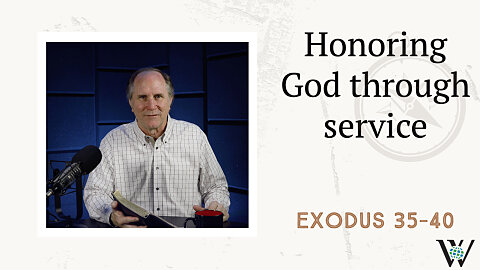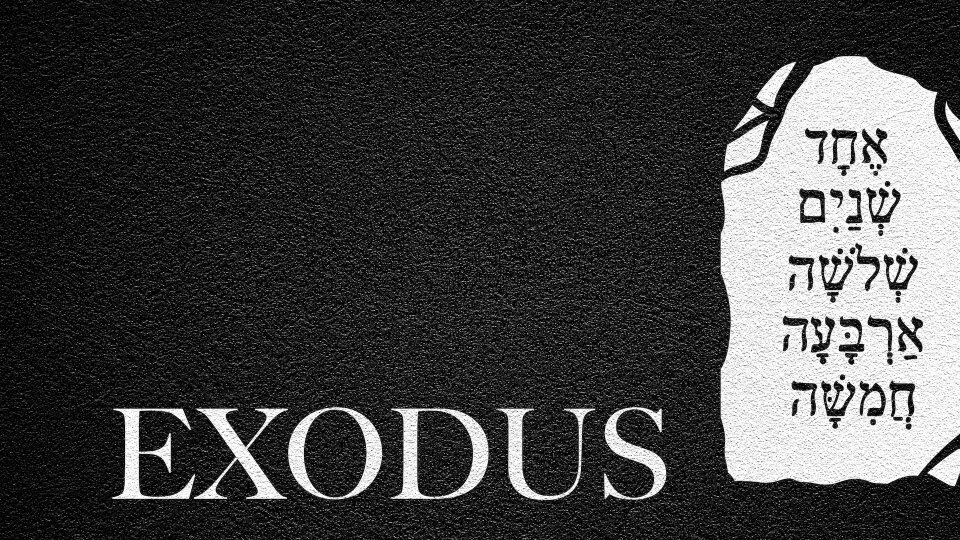
The Journey Through Exodus
The Wisdom Journey through Exodus.
The book of Exodus recounts the continuing history of the descendants of Jacob as they become the nation of Israel. The supernatural growth and enslavement of the Israelites in Egypt sets the stage for God’s preservation and miraculous deliverance through His chosen leader, Moses. Through extreme hardships inflicted upon them, as well as their own rebellion and unfaithfulness, God’s love, patience, and faithfulness are unwavering. He is working to fulfill His promises and achieve His eternal purposes through Israel, even as He continues to do so through His people today.
CLICK HERE to purchase the Exodus manuscript / study guide.
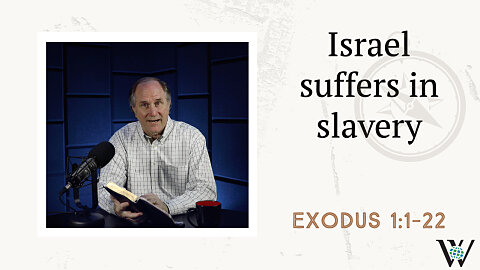
From Pasture to Brickyard
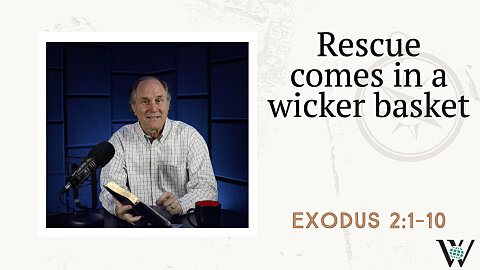
Faith and a Wicker Basket
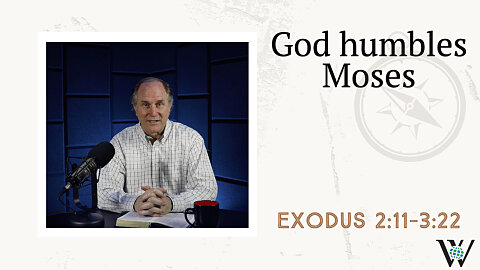
From Somebody to Nobody
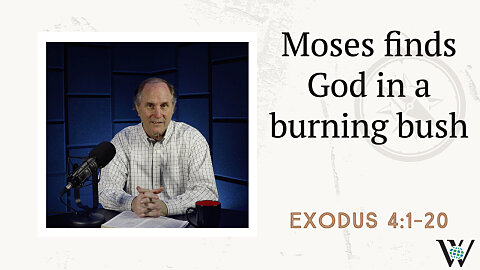
Empowered and Equipped by God
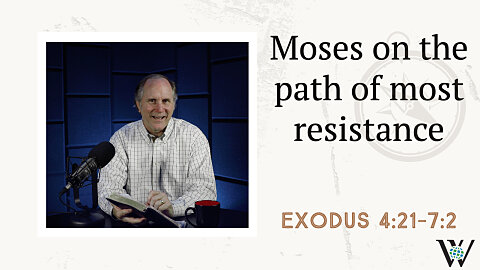
Back to Egypt
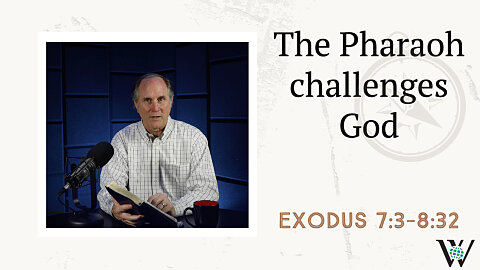
The Battle of the Gods
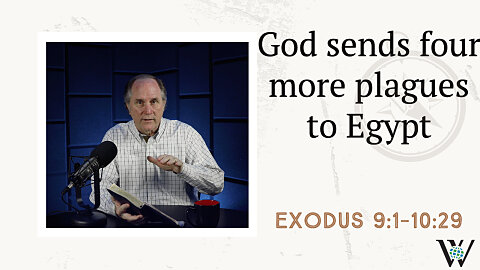
The Battle Continues
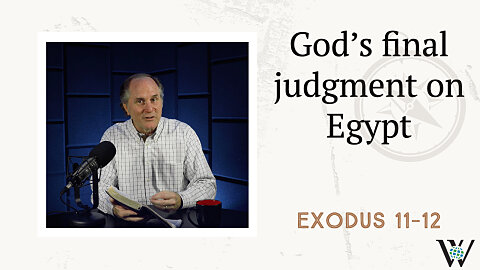
Life or Death . . . at Midnight

On the Banks of the Deep Red Sea

Grumbling at God
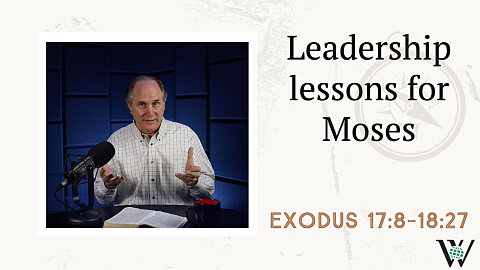
Burnout
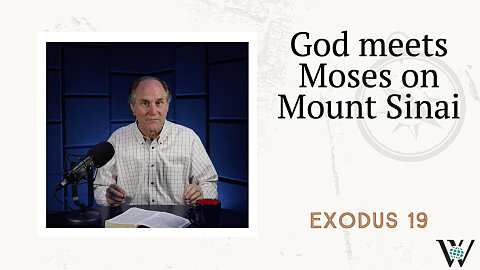
The Sinai Summit
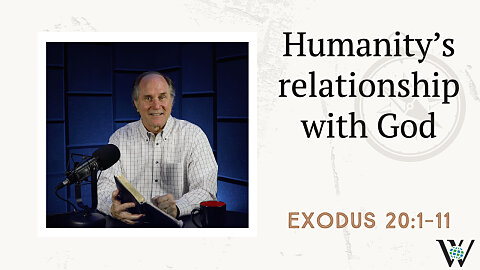
The Ten Commandments—Part 1

The Ten Commandments—Part 2

The Book of the Covenant

In the Light of God's Presence
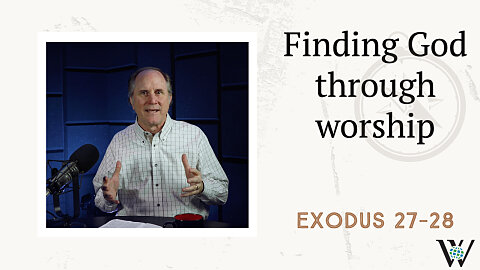
Teaching Tools in the Tabernacle
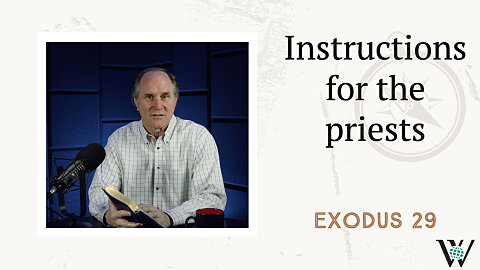
Truths from Old Testament Priests
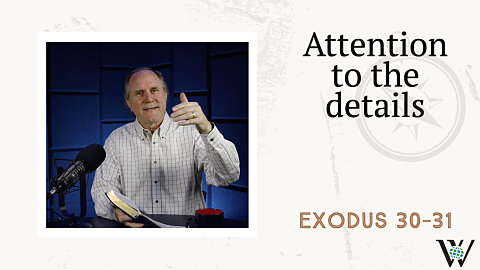
Tabernacle Furniture
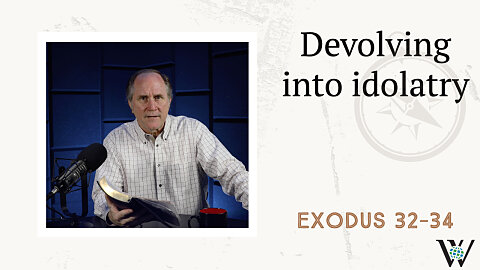
Rebellion and Renewal
